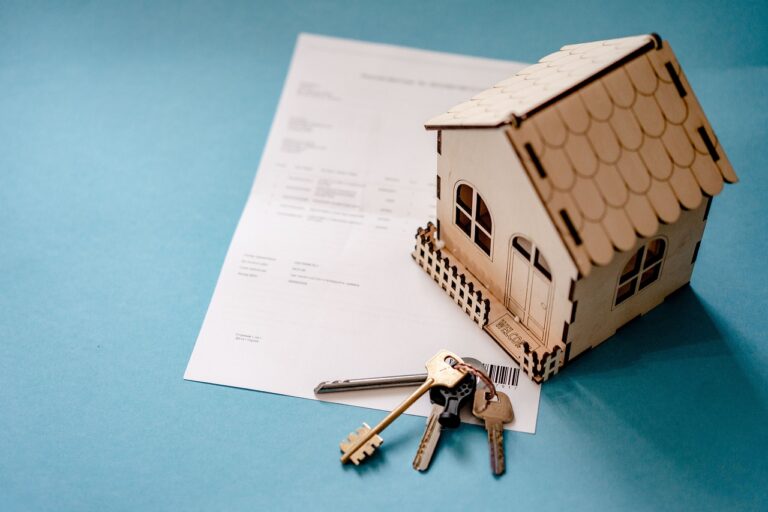How To Buy an REO with a Fix & Flip Loan
Your investment property: Find it, fund it (100%), fix it and flip it – in a snap! It’s much easier than you think!
- Trusted
- Experienced
- Professional

Q: What is a Bank-Owned Property (REO)?
A Bank-Owned Property, also known as REO (Real Estate Owned) property, is a type of property that has been acquired by a bank or other financial institution through the foreclosure process.
Foreclosure occurs when a homeowner fails to make mortgage payments, leading the lender to take legal action to repossess the property. If the property does not sell at a foreclosure auction, it becomes the property of the lending institution.
Once the bank becomes the owner of the property, it will attempt to sell it to recoup the outstanding loan balance (and other costs) associated with the foreclosure process. These properties are commonly referred to as REO properties or bank-owned homes.
Here are some key points to understand about Bank-Owned Properties (REOs):
1. Post-Foreclosure Status: An REO property is no longer owned by the original homeowner; it is now owned by the bank or lender.
2. Not Sold at Auction: REO properties have not found a buyer at a foreclosure auction, so they become part of the bank’s inventory.
3. Potential Discounts: Banks are often motivated to sell these properties quickly, which can lead to the possibility of purchasing them at a discount compared to other properties in the market.
4. Condition: The condition of REO properties can vary. Some may be in good shape, while others could require significant repairs or renovations.
5. Buying Process: Buyers interested in purchasing an REO property typically deal directly with the bank or the bank’s designated real estate agent.
6. Title and Liens: Banks usually clear any outstanding liens or back taxes on the property before selling it, ensuring a clear title for the buyer.
7. Negotiation: While banks may be open to negotiation, the process can be different from a typical real estate transaction, and buyers should be prepared for some unique challenges.
8. As-Is Sale: Most REO sales are sold “as-is,” meaning the bank is not likely to make repairs or improvements before the sale.
REO properties can present opportunities for real estate investors or homebuyers looking for potential bargains, but it’s essential to conduct thorough research and due diligence before purchasing one. Additionally, the process of buying an REO property may vary depending on the bank or financial institution involved, so potential buyers should be prepared for some variations in procedures.

